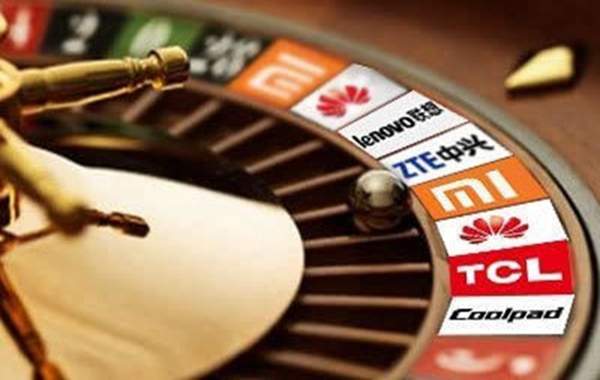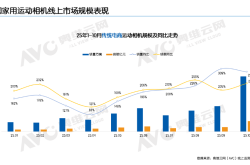Mobile Phone Sales Slump Prompts Aggressive Price Cuts from Domestic Brands and Apple
![]() 01/13 2025
01/13 2025
![]() 531
531
Since late 2024, domestic mobile phone manufacturers and Apple have engaged in a fierce price war. Recent statistics from the China Academy of Information and Communications Technology elucidate the reason behind this trend: sluggish mobile phone sales necessitate price reductions to stimulate demand. Apple, in particular, is experiencing greater pressure, with price cuts extending beyond the iPhone to include products such as the Mac and iPad.

Data indicates that mobile phone sales during Singles' Day 2024 plummeted by 9%, with an overall decline of 5% for the month of November. This suggests that the Singles' Day promotions failed to revive sales, causing widespread concern among mobile phone companies.
Domestic mobile phone brands have resorted to substantial price reductions, with one brand recently offering discounts of up to RMB 2,000 or more. This aggressive pricing strategy has yielded significant results, as it has reclaimed the top spot in the Chinese mobile phone market, affirming that price cuts are indeed an effective measure to boost sales.
Following suit, many other domestic mobile phone brands have implemented price reductions, albeit to a lesser extent, with cuts rarely exceeding RMB 1,000. These discounts primarily apply to older flagship models, while new flagship models, influenced by the Qualcomm Snapdragon 8 Gen 2, have largely maintained their launch prices.

Apple, in comparison, faces even greater pressure. Q4 2024 data on mobile phone activations reveals that Apple's sales in the Chinese market declined by 17.3%, while three Chinese mobile phone brands recorded growth, with the highest increase reaching 14%. This disparity underscores Apple's challenging situation.
Nevertheless, Apple's iPhone 16, released in September 2024, initially resisted price cuts. The maximum price reduction for the iPhone 16 stands at RMB 1,000, significantly less than the most aggressive domestic mobile phone brand, indicating that Apple is still gauging the market.
Surprisingly, Apple's price cuts extend beyond the iPhone to other products as well. The iPad series has witnessed price reductions of approximately RMB 200-400, while the price cuts on Macs are more substantial. The MacBook Air, for instance, has seen its price drop from RMB 10,499 to RMB 9,699, a decrease of RMB 800.
Apple's price cuts are also fueled by performance pressure. In Q3 2024, Apple's revenue in Greater China declined by 0.34%. Given that China is one of Apple's three major markets, this revenue decline has prompted Apple to reduce prices on various hardware products to stabilize its revenue in the Chinese market.

China's mobile phone market peaked in 2016, with sales reaching 470 million units. However, price wars were equally intense during that period, with mobile phone prices dipping below RMB 300. Even Samsung introduced a plethora of mobile phones priced around RMB 300. These ultra-low-priced mobile phones encouraged consumers to replace their phones every one to two years.
Subsequently, the prices of domestic mobile phones continued to climb. Today, a flagship mobile phone brand that once set RMB 1,999 as its benchmark price now retails for up to RMB 6,999, more than double the original price. As flagship mobile phone prices soar, mid-range mobile phones have witnessed a reduction in configurations. Previously, mid-range mobile phones would utilize secondary flagship chips, but now they often incorporate outdated chips, such as renaming MediaTek's Dimensity 810, released in 2022, as the Dimensity 6080 and re-launching it.
The outcome of rising prices and reduced configurations of domestic mobile phones is that consumers have significantly extended their mobile phone replacement cycle. From replacing a mobile phone every 18 months in 2016, consumers now keep their phones for up to 36 months. Some even claim that their phones remain smooth after four years of use, making them reluctant to upgrade. Consequently, mobile phone sales in the Chinese market plummeted to 270 million units in 2023.

Mobile phone sales experienced growth in the first half of 2024, but data from November 2024 suggests that this rebound was fleeting, with sales beginning to decline once again. The decline in mobile phone sales has instilled a sense of urgency among mobile phone brands, which are now resorting to price cuts to salvage their sales figures. However, domestic mobile phone brands are primarily reducing prices on older models, lacking genuine commitment. In contrast, Apple's price cuts on the new iPhone 16 present consumers with a difficult choice.






